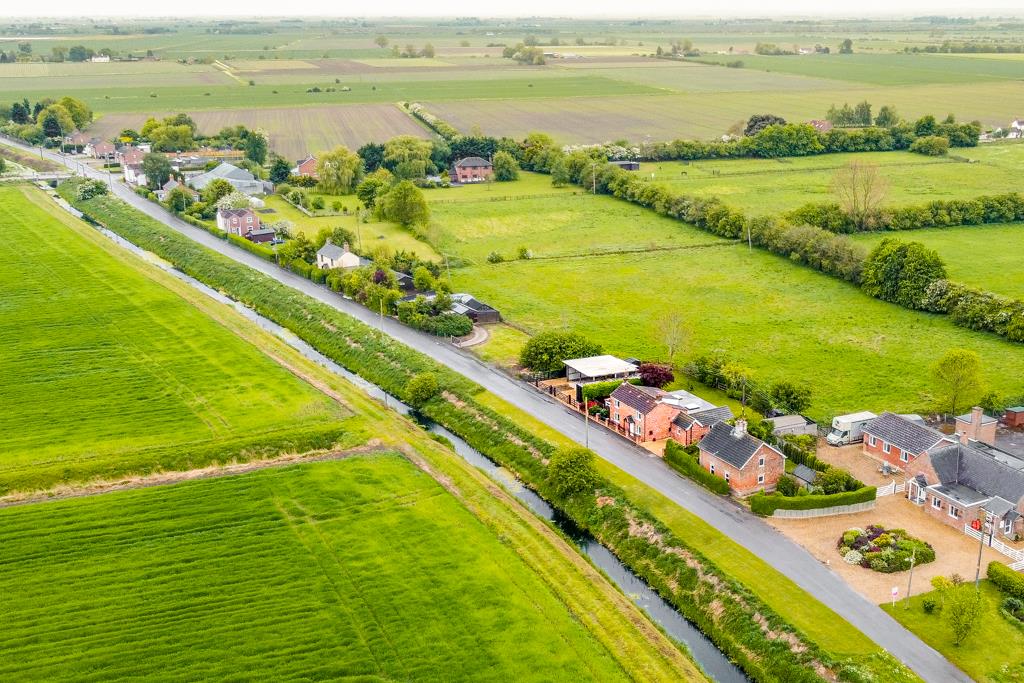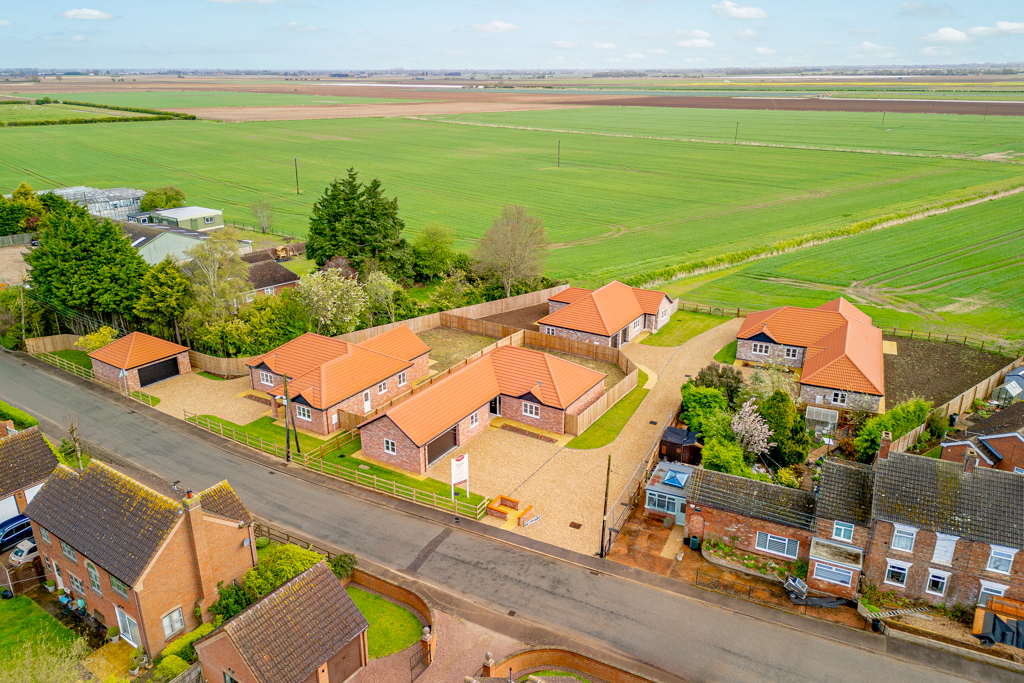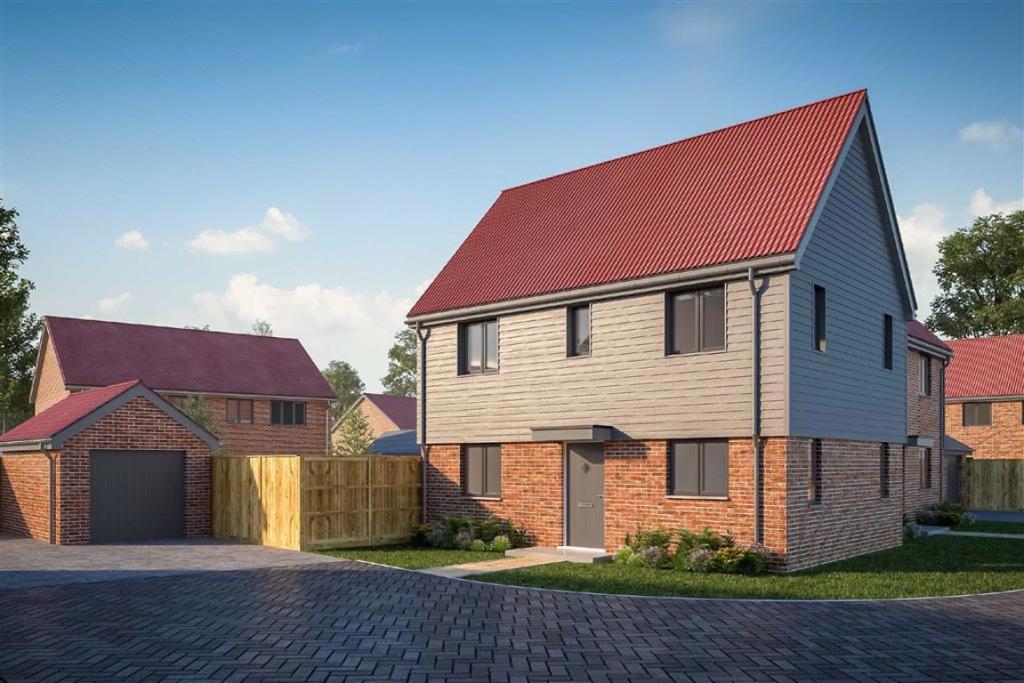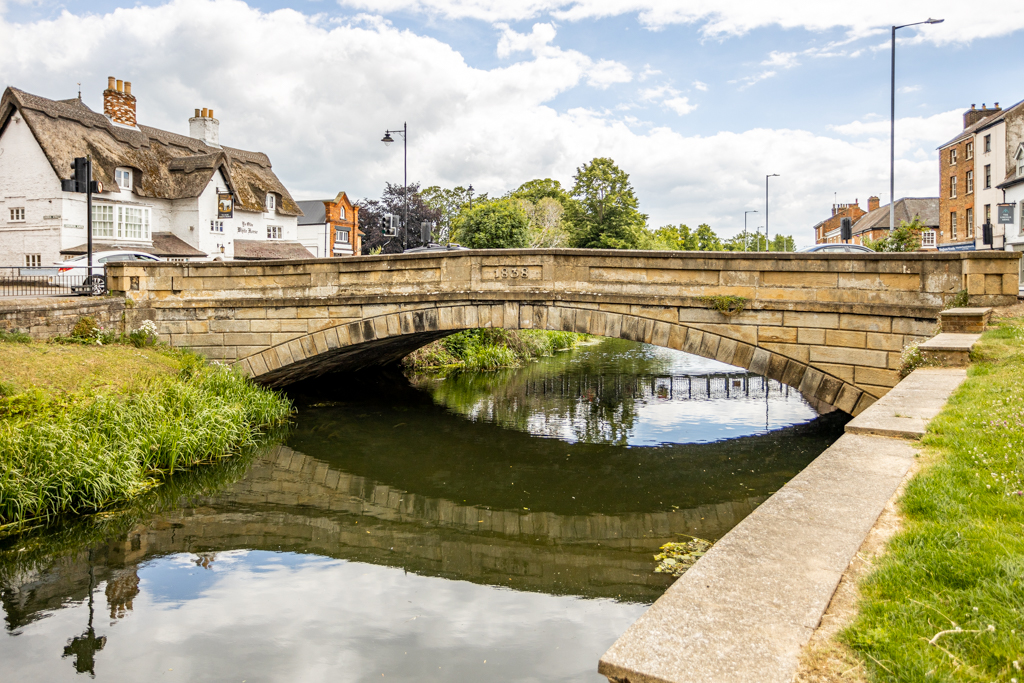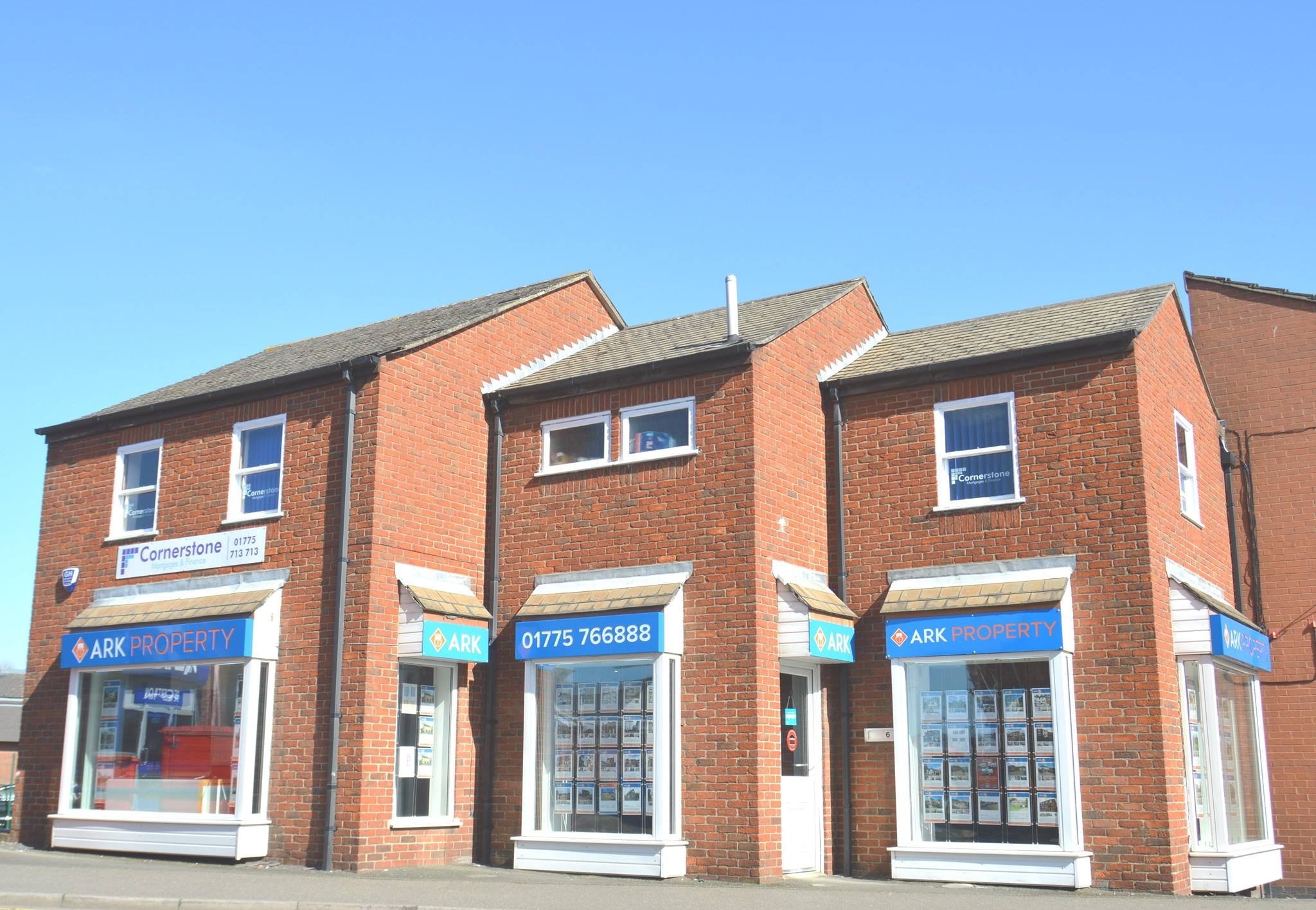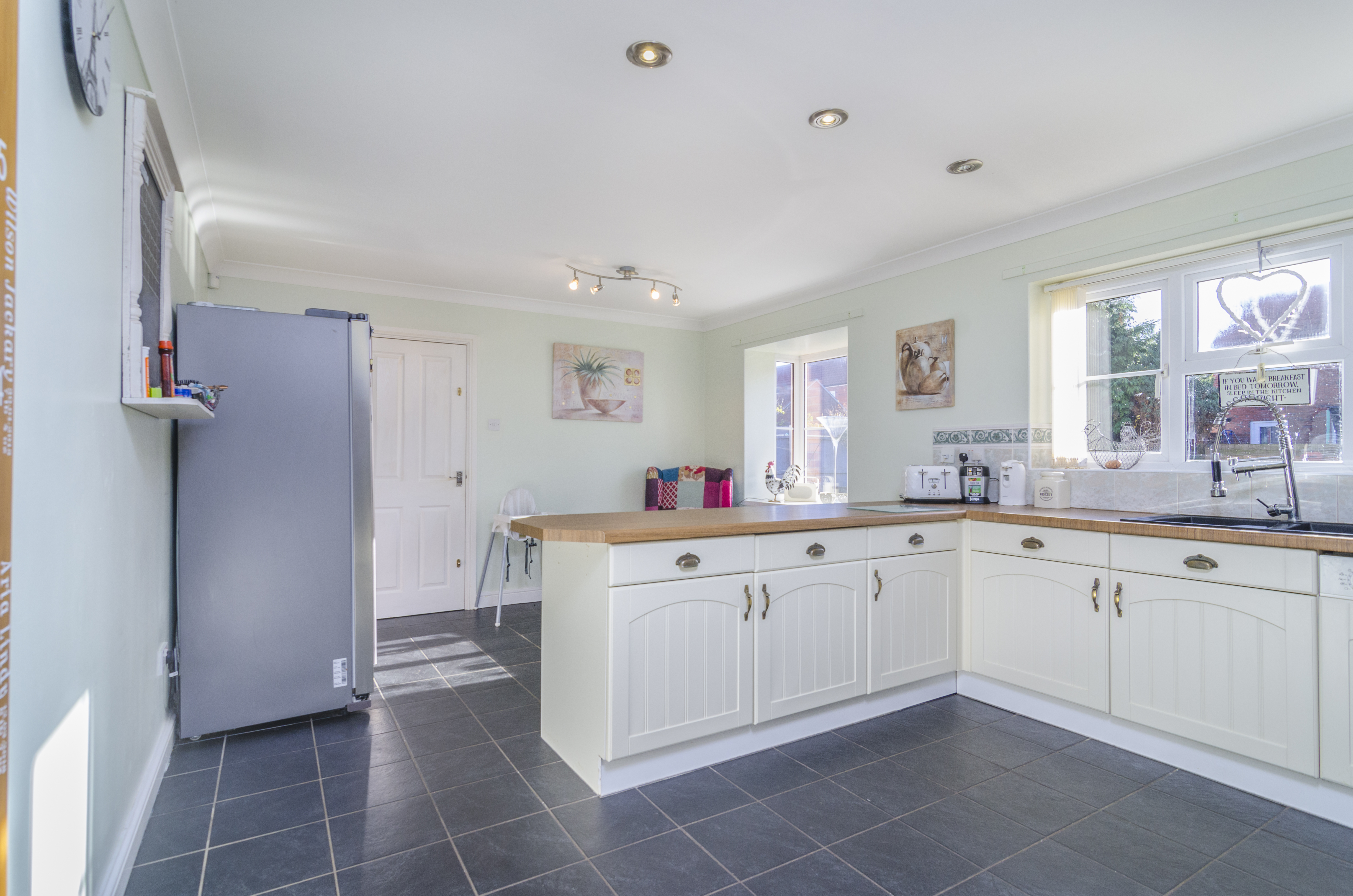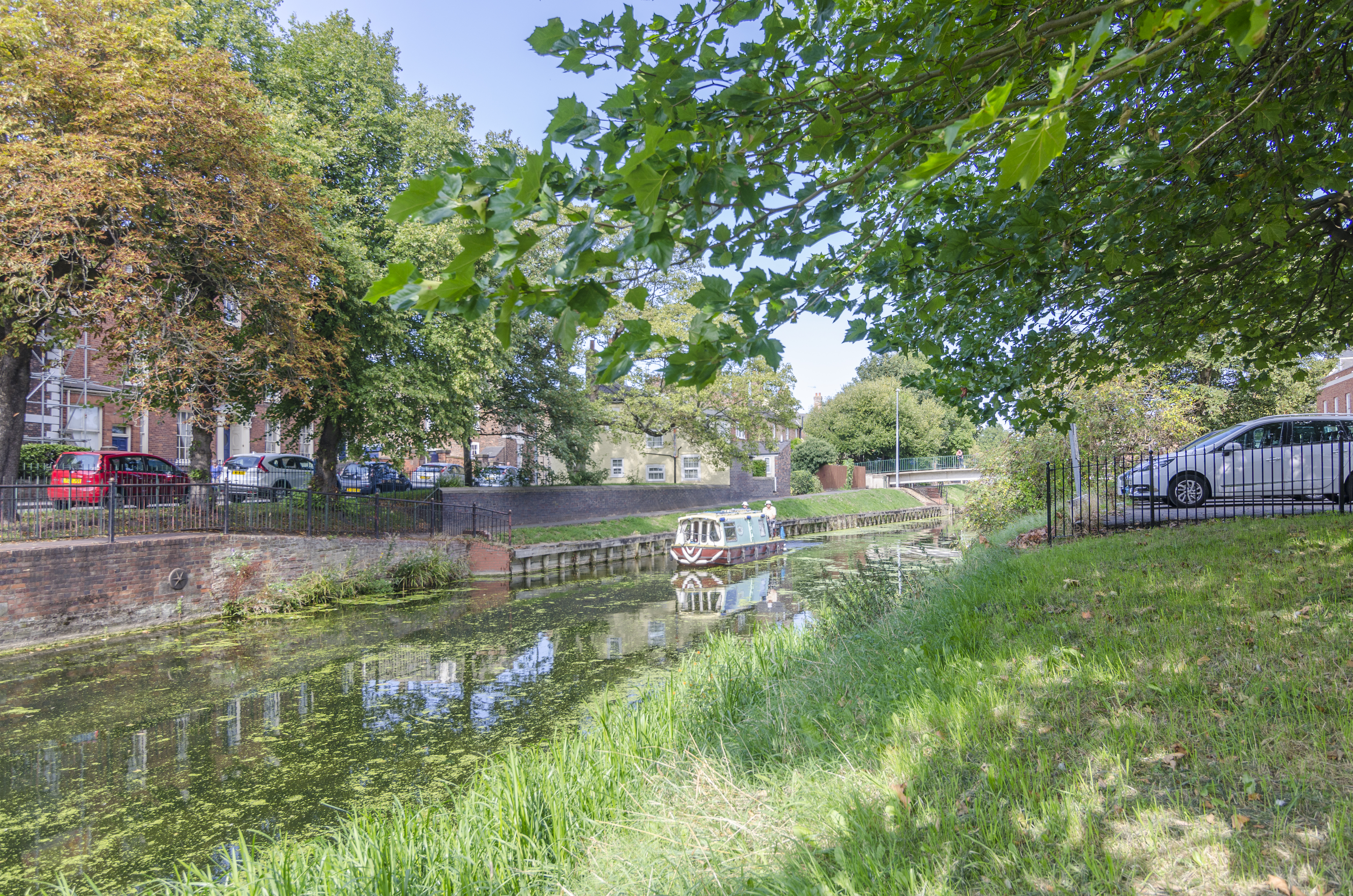
House prices reached a record average high of £213,000 this month, according to new figures from Nationwide Building Society.
Property values in Britain climbed 0.2 per cent month-on-month during April, reversing a 0.2 per cent decline in March, its latest house price index has revealed.
The annual pace of house price growth also accelerated to 2.6 per cent, from 2.1 per cent when they slumped to a seven-month low in March.
Commenting on the figures, Robert Gardner, Nationwide’s Chief Economist, said: “There was a slight pickup in UK annual house growth in April to 2.6%, from 2.1% in March. House prices rose by 0.2% over the month, after taking account of seasonal factors.
“February saw a softening in house purchase approvals to 64,000 cases, following a surprise rise in January. These figures are broadly in line with our expectations and close to the average for the last three months of 2017. Surveyors continue to report subdued levels of new buyer enquiries and recent months have also seen a softening in new
instructions.
“Looking ahead, much will depend on how broader economic conditions evolve, especially in the labour market, but also with respect to interest rates. Subdued economic activity and the ongoing squeeze on household budgets is likely to continue to exert a modest drag on housing market activity and house price growth this year. We continue to expect house prices to rise by around 1% over the course of 2018.
What’s happening with cash buyers? The share of cash transactions has declined a little over the past eighteen months. This is due in part to the introduction of the additional stamp duty levy on second properties which has impacted the purchase of second homes and rental properties, a large proportion of which tend to be conducted in cash. Nevertheless, cash buyers continue to play an important role in the housing market, accounting for around a third of transactions (see chart below). “The significant increase in the share of cash purchases in 2008 was a function of the sharp decline in mortgage transactions, rather than cash transactions increasing. This
reflected the impact of tightening credit conditions during the financial crisis and the deterioration in labour market
conditions, which reduced the number of people able to buy with a mortgage, while such constraints would have had less of an impact on cash purchasers.
“Demographic shifts are also playing a role in supporting the number of cash transactions. As the UK population ages, so the proportion of people who own their home outright has increased, and when these people transact – for example, moving home or downsizing – they are more likely to do so in cash. Indeed, the number of people in England who own their home outright overtook those who own with a mortgage in 2014, as shown in the chart above. “Our analysis of Land Registry data suggests that the share of cash purchases in London and the Outer Metropolitan regions is below the average for Great Britain. This may reflect the fact that these are the most expensive regions (prices in London are over twice the UK average), which presumably acts as a limiting factor.
“There have been significant changes in the pattern of housing transactions over the past decade, beyond the rise in
the proportion transacting in cash, as illustrated in the chart below.“In recent years, we have seen a recovery in first time buyer transactions, which are now broadly in line with pre-crisis levels. The easing in credit availability, including schemes such as Help to Buy, have helped boost activity. Meanwhile, home mover activity has remained relatively subdued, in part due to the lack of stock on the market. Buy to let purchases
have fallen as a share of total transactions since 2016, which reflects a softening in demand following tax changes and changes in underwriting standards.”
Source: https://www.nationwide.co.uk/-/media/MainSite/documents/about/house-price-index/2018/Apr_2018.pdf

